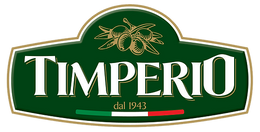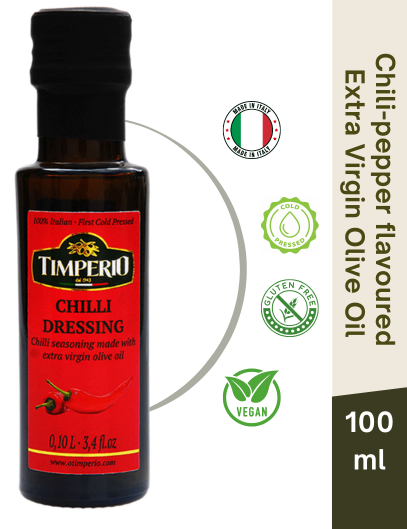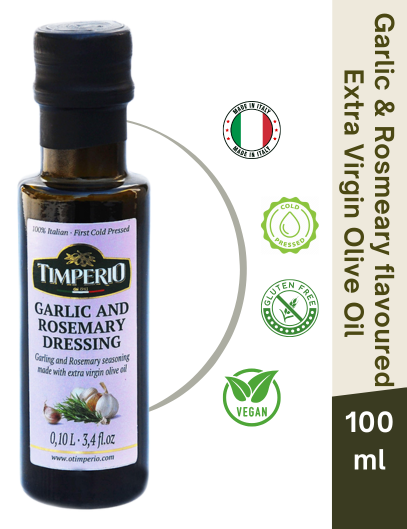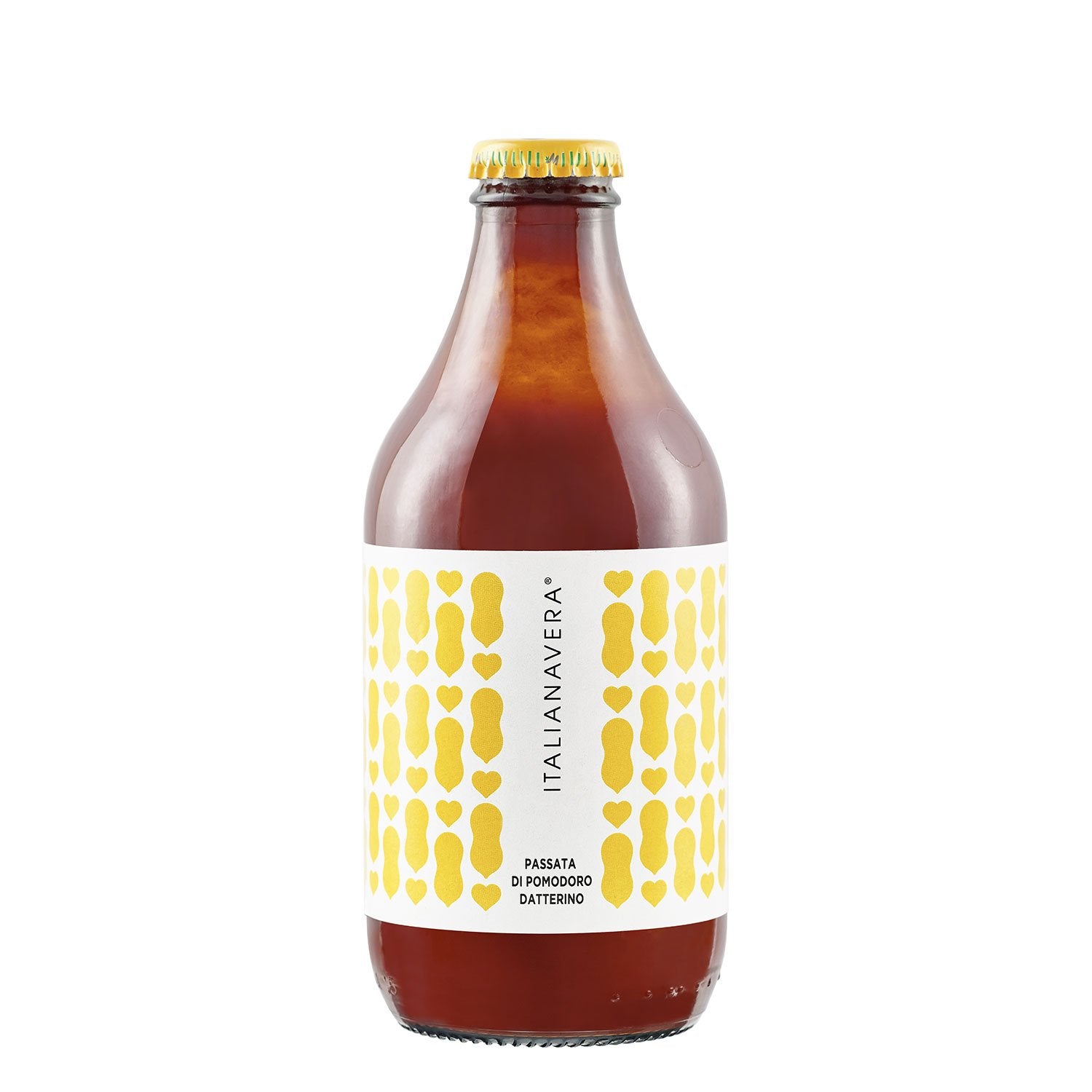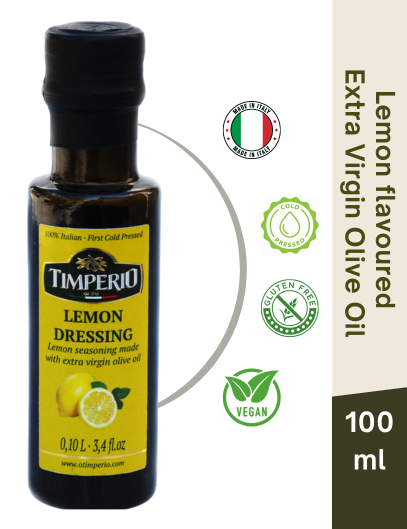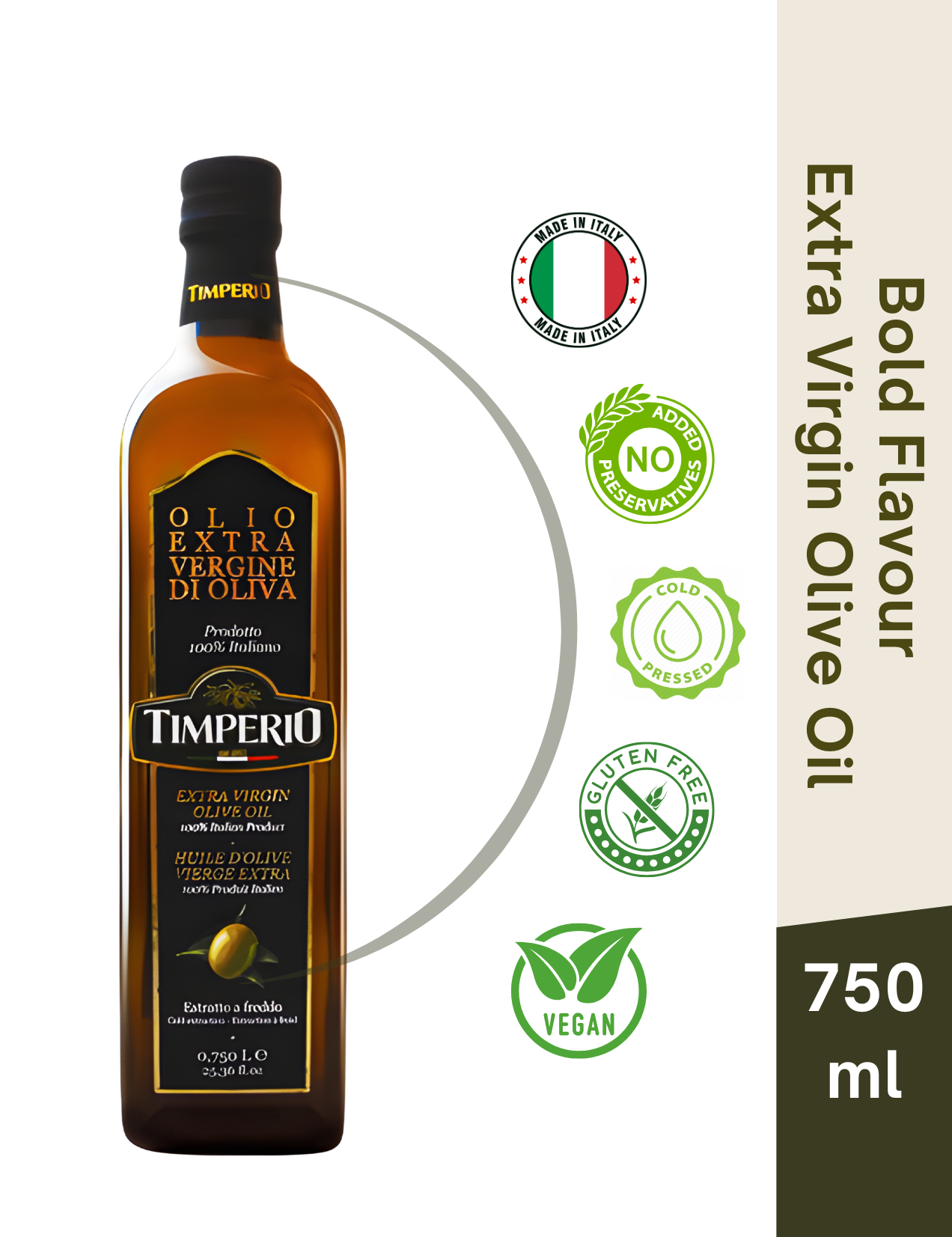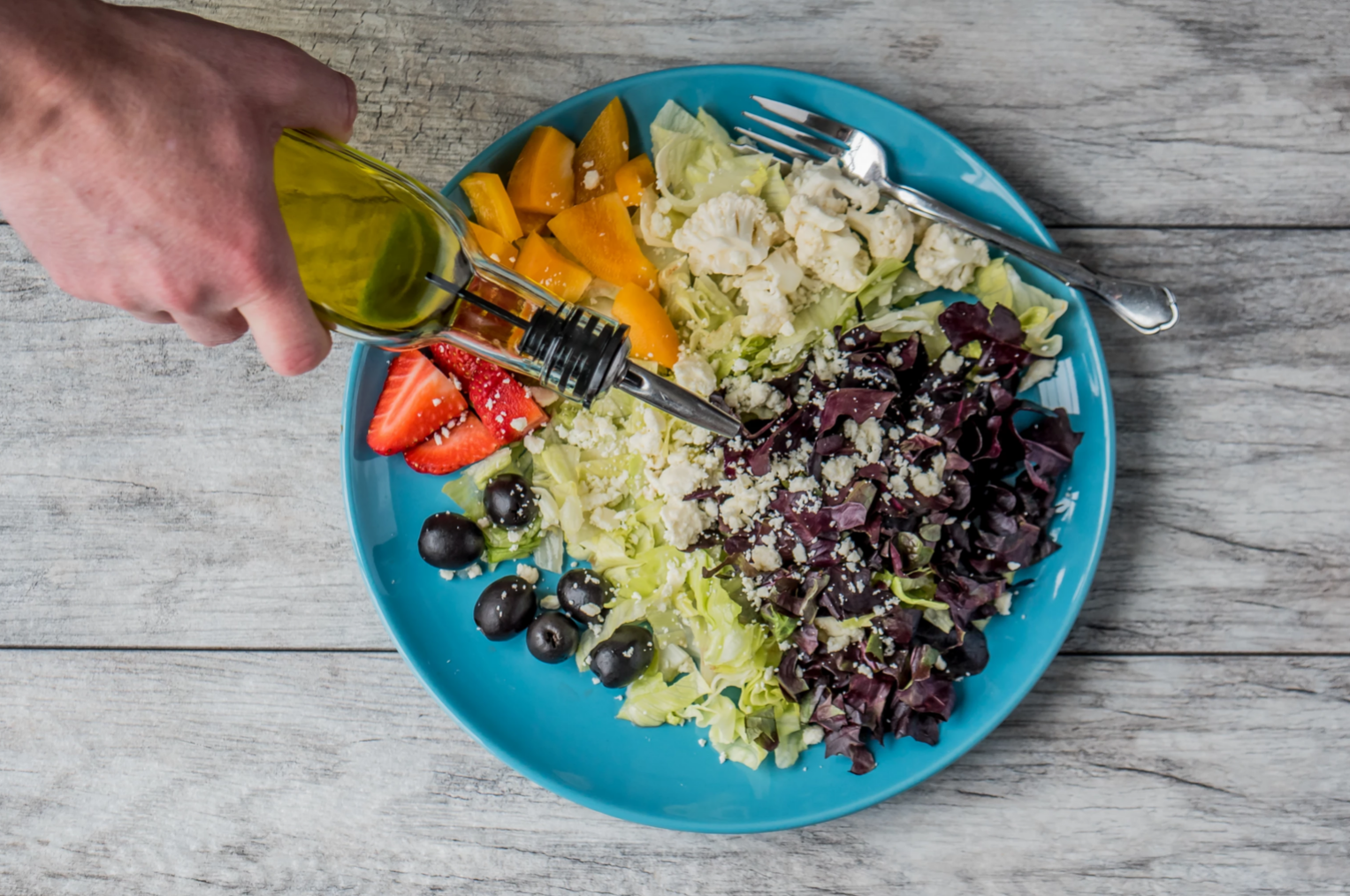Recommended by doctors to fight heart disease, dementia and depression, what makes the Mediterranean Diet so different – so special?
What the Mediterranean Diet can do for dementia
Read Mark’s story on the Alzheimer’s Society website and in the UK’s Daily Mirror newspaper.
In general, observations reflect the findings of this study:
. ..greater adherence to Mediterranean diet is associated with slower cognitive decline and lower risk of developing Alzheimer disease.
That’s why the Alzheimer’s Society strongly recommends the Mediterranean diet.
How the Mediterranean Diet fights heart disease and high blood pressure
Much of coronary disease is caused by too many of the wrong types of fats in our diet. We look at fats further down but what does science say about the Mediterranean Diet?
There are a whole range of symptoms that raise your risk of conditions that can kill, such as heart disease and diabetes.
High blood pressure, cholesterol, triglycerides and blood sugar levels are among those symptoms. Together they are knows as Metabolic Syndrome.
Research covering 50 studies and 534,906 individuals indicated that those eating a Mediterranean Diet were 50% less likely to suffer from metabolic syndrome.
What are the active ingredients in the Mediterranean diet?
It’s primarily plant-based with relatively small amounts of dairy, red meat and sugar. The diet is also rich in good fats (polyunsaturated and monounsaturated).
You can read a good summary of the key benefits of the Mediterranean diet here.
It’s not just Extra Virgin Olive Oil although that is a key element
Extra Virgin Olive Oil is proven to be one of the most healthy and beneficial of all cooking or dressing oils. It’s packed with beneficial fatty acids and is especially high in antioxidants that fight many threats to our health.
People have known this for thousands of years but science is now backing up all that anecdotal evidence.
Foods and Flavours of the Mediterranean Diet
Foods that are good for you, your heart and your brain, come as no surprise. The list includes:
-
Green leafy vegetables like spinach and kale
-
Cold water fish like salmon, mackerel, tuna and sardines
-
Nuts, seeds, berries and dark-skinned fruit
-
Dark chocolate (sugar free) and coffee
-
Extra virgin olive oil – not refined products with “light” or “pure” on the label
And just a little red wine!
See the handy chart here.
A quick summary of good fats and bad fats
Science tells us that fats are vital for health and to keep our bodies working well.
It’s important to know what are good fats and which are bad fats (here’s a series of intuitive charts by Singapore’s National Kidney Foundation).
Healthy fats
-
Monounsaturated fats (MOFS) found in olive oil and other vegetable oils, nuts, avocados and more. Research consistently proves that eating foods containing MOFS lowers your risk of cardiovascular disease.
-
Polyunsaturated fats (POFS) also called “essential fats” because the body cannot make them so it gets them from food. Omega-3 fatty acids fall into this group.
Unhealthy fats
-
Saturated fats typically are solid at room temperature. Examples are butter, margarine and beef or pork fat. These should be used sparingly.
-
Trans fats – the deadliest of them all – found in baked goods, snacks, fat spreads, ready meals and other commercially made foods in your supermarket. Partially hydrogenated oils (PHOs) are the main source of artificial trans fats. PHOs will be banned as an ingredient from June 2021 in all foods sold in Singapore. This initiative may expand worldwide.
The total Mediterranean package is best of all
It’s not just diet that contributes so much to the wellbeing of people lucky enough to live in the warm sunshine of the Mediterranean region. It’s a whole lifestyle thing that includes physical activity outdoors, which renews the body’s Vitamin D from all that sunshine.
Wine is part of it too – a glass or two with meals, which adds to the gastronomic pleasure and social enjoyment. It’s also about the structure of meals, food quality and cooking methods.
Extra Virgin Olive Oil is a truly important element and the star of the show in the Mediterranean Diet.
